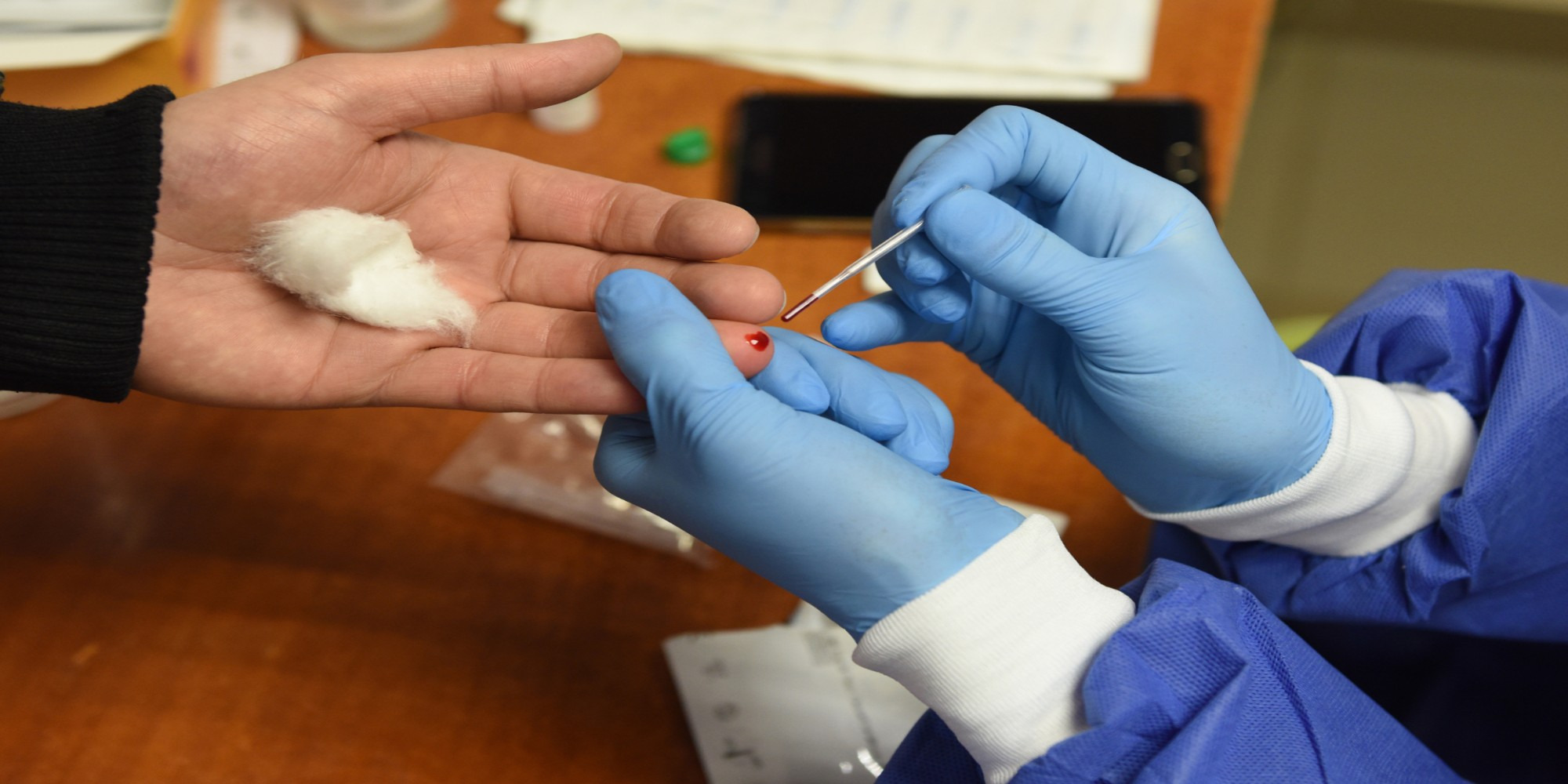Since deconfinement, several thousand French people have been going every day to do a serological test in a medical analysis laboratory to try to find out whether they were sick or not during confinement. This test (not to be confused with the PCR diagnostic test with nasal swab) is done from a blood test - or a simple drop - and allows you to know if you have crossed the virus, and, if so, made antibodies to Covid 19. But beware, the results of these tests are still uncertain.
Sometimes suspicious results
During confinement, Mario had all or almost all of the symptoms of Covid-19: fever, cough, breathing difficulties ... he therefore remained confined to his home, without knowing if he was infected, because at the time, the tests were reserved for the most serious cases. So as soon as he was able to go out, he immediately made an appointment at the lab to find out, and there, funny surprise.
>> LIVE - Coronavirus: follow the evolution of the situation Sunday May 17
"The test turned out to be negative! Surprising, because I really had all the classic symptoms of Covid, all of it so that I didn't seem to have had it," says Mario. "I have nursing friends who tell me that, given the symptoms I have had, it seems suspicious to them. So I find myself in doubt, as in the previous situation, but with 40 euros less."
A dozen reliable out of forty, and not reimbursed
Because serological tests are still not reimbursed by the social security system, and for good reason: out of the quarantine currently on the market, only a dozen would be reliable, and even the most efficient cannot give all the answers, explains Lionel Barrand, president of the union of young biologists. Especially if the result turns out to be positive: "what we cannot do is say if someone is immune. We do not know if these antibodies are protective, completely or partially, for how long. . Some people can be contagious while they have antibodies, "he said.
CORONAVIRUS ESSENTIALS
> Coronavirus: the French Academy has decided, it will now be necessary to say “the” Covid-19
> Coronavirus: is the second wave inevitable?
> Gatherings, trips, sport: what remains prohibited despite the deconfinement
> Deconfinement: what you need to know about returning to work
> Deconfinement: what hygiene for self-service bikes, scooters and scooters?
His advice: wait to take advantage of reliable tests AND reimbursed, since the Ministry of Health should publish within a few days a list of ten of them validated by the health authorities. Biologists are now formal: the serological test must be done at least 21 days after the onset of symptoms.

